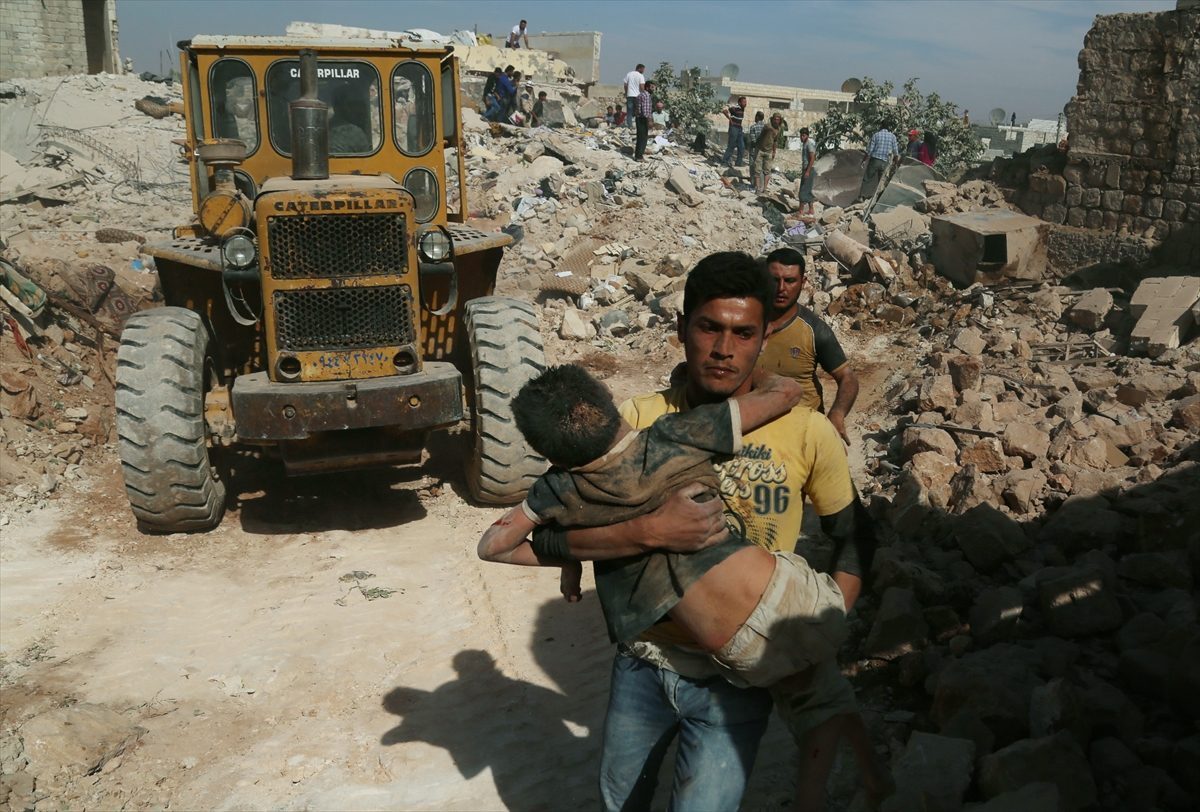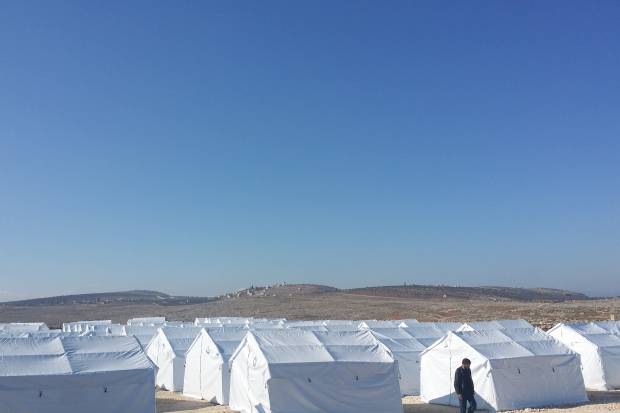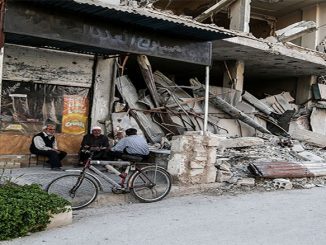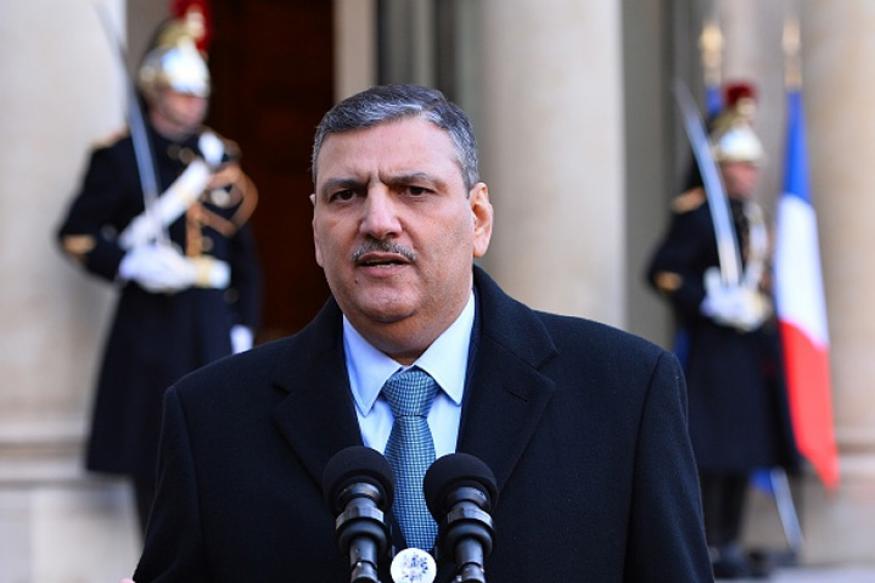
The Assad regime’s military said on Thursday a unilateral ceasefire backed by Russia had come into force to allow people to leave besieged eastern Aleppo, and will be extended after the primary duaration was 8 hours.
Assad regime, backed by Russia, said on September 22 it was starting a new wide offensive to recapture the rebel-held parts of Aleppo after a week-long ceasefire was declared officially over on 19 September.
Since 19 September, more than 800 civilians were killed and more than 2000 injured in rebel-held areas of Aleppo province, including the besieged eastern part of the city, Civil defense workers said.
State media earlier said the army had opened exit corridors in two designated areas in the Bustan al Qasr quarter and near the Castello road in northern Aleppo city. Waiting buses were shown on state television.
Assad regime’s military said on Wednesday it would observe the temporary ceasefire over three days from morning to sunset to allow trapped civilians to escape and said it had pulled back to enable rebel fighters to leave the city via two designated corridors.
“We guarantee a safe exit. Seize the opportunity and save your families,” an army loudspeaker blared near an exit corridor, on live footage shown on the pro-regime Lebanese news channel Mayadeen.
“An appeal to our people … we will extend every help from shelters to hot dishes and facilities that offer you medical treatment,” said the army loudspeaker.
To the rebels, the army broadcaster said: “Drop your weapons, this is your last chance.”
Residents reported no raids on residential areas on Thursday morning though rebel sources said planes believed to be Russian jets flying at high altitude continued to pound targets in towns and villages in Aleppo’s western countryside and in rebel-held Idlib province in northwest Syria.
People ventured onto the streets in some neighborhoods to buy essentials before an expected resumption of nightly raids after sunset.
The United Nations has criticized unilateral ceasefires after long sieges, saying they can be helpful only if combined with humanitarian access for those who do not want to leave.
humanitarian pause extended
Russia’s Defence Minister Sergei Shoigu said on Thursday the “humanitarian pause” has been extended on President Vladimir Putin’s instructions and was supported by the Assad regime.
Putin said Russia was ready to extend the pause in air strikes if the rebels did not escalate fighting. The Kremlin specified that the rebels’ attempt to re-arm and re-group would derail the humanitarian pause.
Also on Thursday, a UN aid official for Syria said Russia agreed to extend daily pauses in military action against rebel-held eastern Aleppo for four more days.
Jan Egeland told the Associated Press news agency that the UN on Thursday received verbal assurances for the extension by a day – from three days previously – both from Russia’s diplomatic mission in Geneva and in writing from Russian military officials in Syria.
Egeland noted the UN had already received assurances a day earlier from Moscow that the daily pauses in air strikes and artillery shelling would be extended from eight hours to 11 hours per day.
“We have gotten it extended in both hours and in terms of days,” he said, adding the UN has “a window from Friday at least until Monday”.
Egeland said the UN received “green lights” it needed from Assad regime, armed opposition groups, and Russia, which announced the pause in fighting that began on Thursday.
He said the UN hoped to organise evacuations of “several hundred” critically wounded or sick people with their families, either to regime-controlled western Aleppo or to the rebel-held city of Idlib to the southwest, and deliver medical supplies to eastern Aleppo.
An estimated 275,000 civilians remain trapped in the city’s east.
The Assad regime forces, backed by Russian air power, Iranian ground forces and Shi’ite militia fighters from Iran, Iraq, and Lebanon, has been tightening its grip on rebel-held districts of Aleppo this year, and this summer achieved a long-held goal of fully encircling the area.
Recovering full control of the rebels’ last significant urban area would be the most important victory of the war so far for Assad, strengthening his control over Syria’s most populous and strategically important regions.






